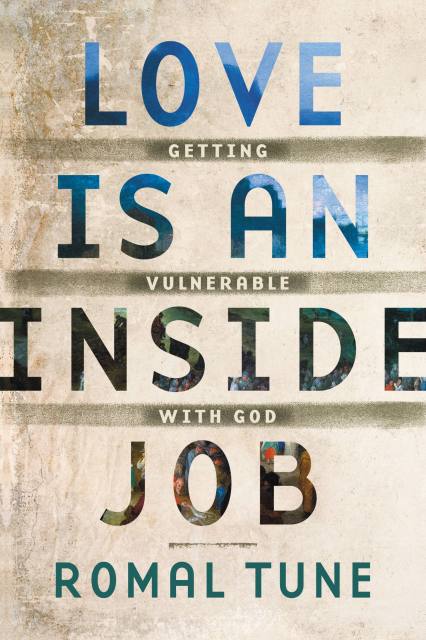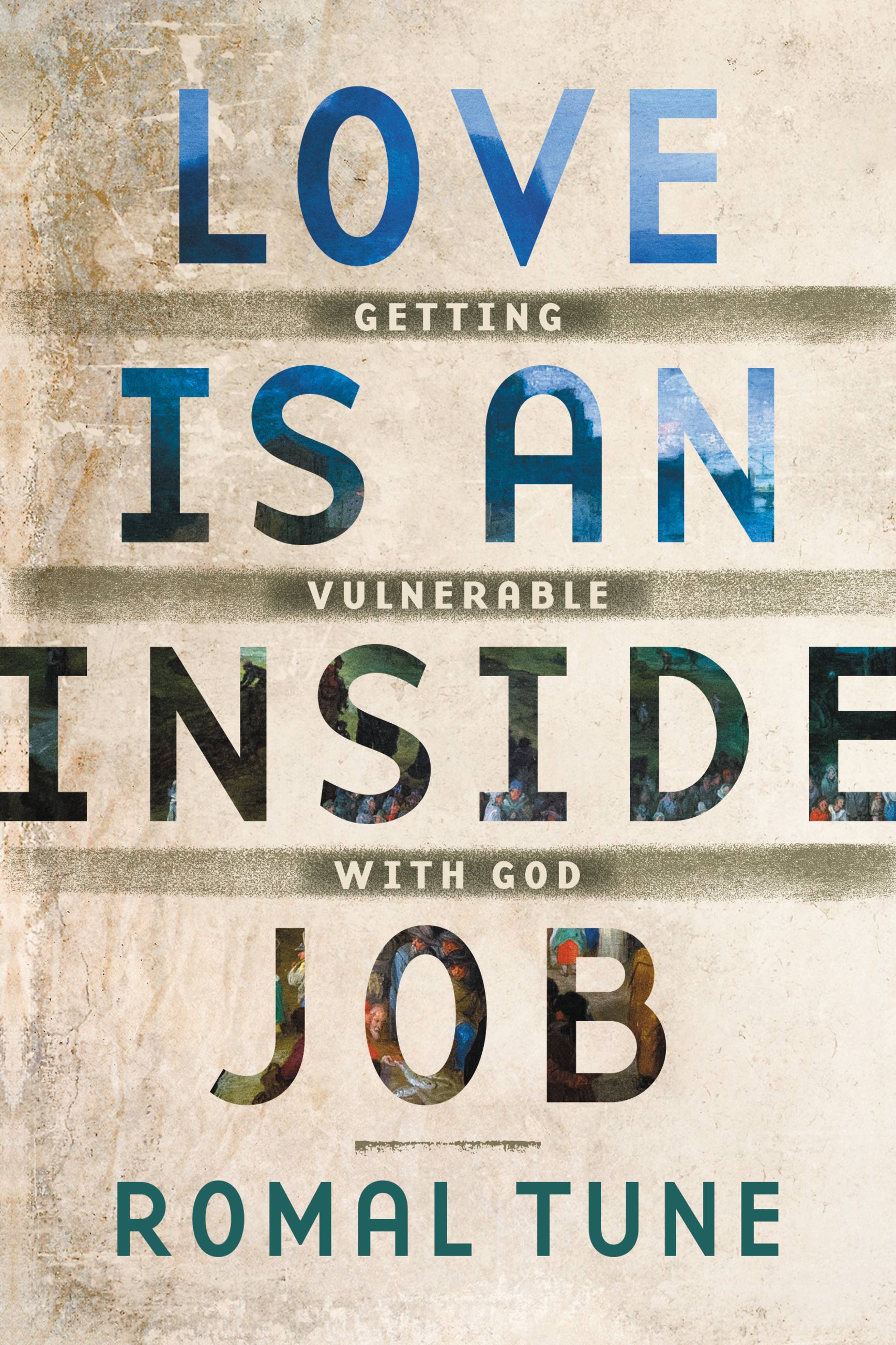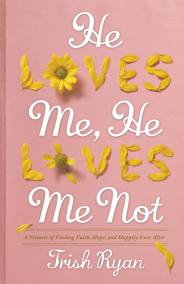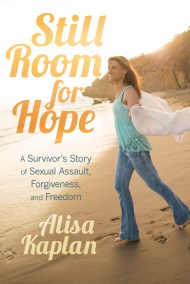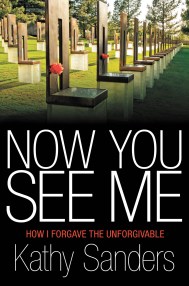By clicking “Accept,” you agree to the use of cookies and similar technologies on your device as set forth in our Cookie Policy and our Privacy Policy. Please note that certain cookies are essential for this website to function properly and do not require user consent to be deployed.
Love Is an Inside Job
Getting Vulnerable with God
Contributors
By Romal Tune
Formats and Prices
- On Sale
- Apr 3, 2018
- Page Count
- 304 pages
- Publisher
- FaithWords
- ISBN-13
- 9781478992592
Price
$11.99Price
$14.99 CADFormat
Format:
- ebook $11.99 $14.99 CAD
- Trade Paperback $14.99 $19.49 CAD
This item is a preorder. Your payment method will be charged immediately, and the product is expected to ship on or around April 3, 2018. This date is subject to change due to shipping delays beyond our control.
Buy from Other Retailers:
Tune is the son of a drug-addicted single parent mother, who herself, inherited deeply ingrained obstacles to self-love. He found his way out of poverty via the military. He graduated from Howard University and Duke School of Divinity. He was a minister, a sought-after speaker, and social entrepreneur. Outwardly, he was successful, an overcomer. Yet, his past, hidden childhood trauma would sometimes revolt, causing self-sabotage that threatened to destroy the life he was creating. He worked hard to keep the emotional brokenness caused by the challenges of his upbringing carefully hidden — especially from the church. His mother, with whom he successfully reconciled after she was finally free from addiction, died of lung cancer. Then he divorced — a second time. Feeling like a failure, questioning his faith and will to live, he made a choice not to give up but to examine his life and seek counseling. Dubbed “Brother Brown” (a Black man’s Brene Brown), his book shares his process of applying therapy and faith to anger, shame, self-doubt and plaguing memories. Romal learned that the pursuit of success was not the key to healing the inner turmoil but it was in learning to accept the love of God and learning to love the wounded child within. His past pain was redeemed as self-worth and he finally found inner peace. No longer carrying the weight of secrets, guilt and shame, he emerged emotionally free and more powerful than ever. His book will empower others to stop living a past driven present by healing their stories, embracing the love of God, and learning to truly love themselves.
Newsletter Signup
By clicking ‘Sign Up,’ I acknowledge that I have read and agree to Hachette Book Group’s Privacy Policy and Terms of Use
